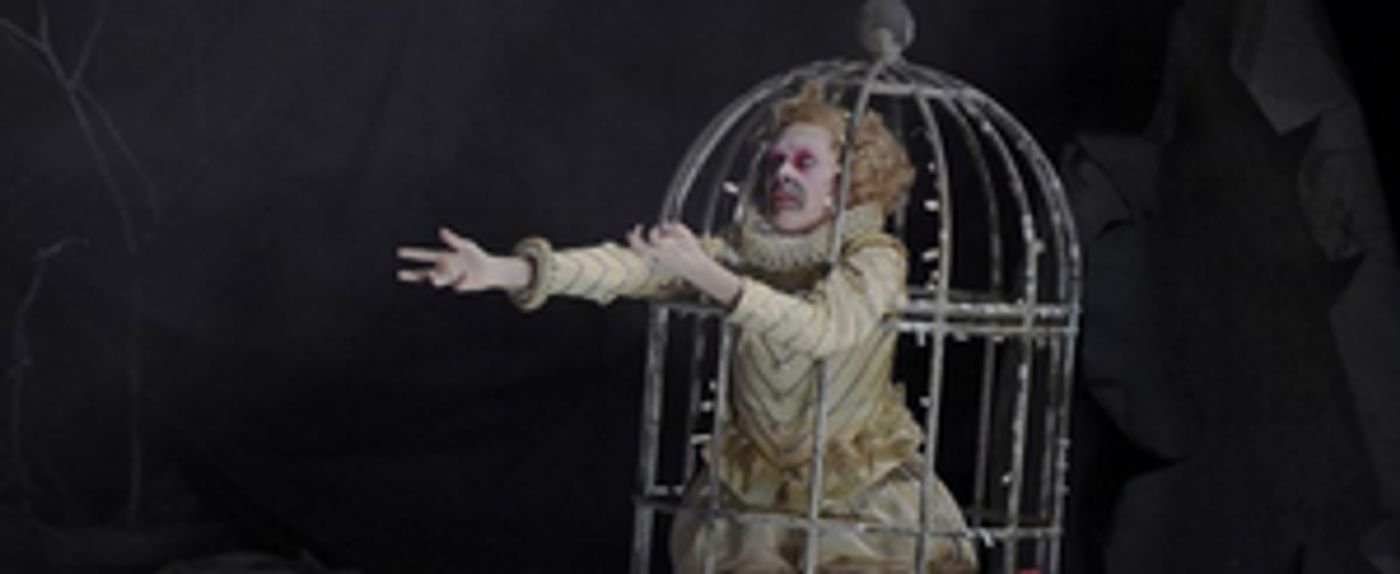Review: MACBETH UNDERWORLD at Grand Théâtre
Shakespeare's evil couple make one last stop

Last week, the Grand Théâtre opened its doors to MacBeth Underworld, an epic opera that revisits one of the world's greatest and darkest plays. Pascal Dusapin brings the classic characters back to the stage, imagining their arrival in the Underworld. While MacBeth (Peter Schoene) and his wife (Dshamilja Kaiser) are not immediately aware of their fate, it does not take the audience more than a minute to realize the nature of their surroundings. Grotesque creatures dancing and moving around in a hellish background set the tone for a deep journey into the burdens of guilt and weight of one's past.
The gold: The narrative mirroring. There is a clear parallel between the narrative progression of MacBeth and MacBeth Underworld. While the risk of looking like you are repeating a well-known story is high, the result greatly pays off. Sent to the depths of existence for their crimes, the evil couple must come to terms with their deeds by reliving their earthly experience. In several versions of Purgatory, one's sinful past can only be washed off through its endless repetition. MacBeth and his wife seem not only meant to relive it, but their twisted nature pushes them to virtually the same behaviour as on Earth.
The silver: The child. This character has multiple layers of meaning and symbolism, which in itself is quite remarkable, but what takes the cake is how deeply disturbing its presence on stage is. It is somewhere between an Elizabethan youth and Bill Skarsgard's It. In or out of the cage, its presence was always terrifying.
The bronze: The music. Living up to both Shakespeare and Verdi is a nearly impossible task, but one cannot evaluate the depth of this opera without giving a proper word of praise to the score and the orchestra. It is nearly impossible to create something as breathtaking as Patria Opressa, but even epic numbers like this had a somewhat similar counterpart in MacBeth Underworld. The Roman salute might have been a little much, but overall both solo and ensemble moments gave the play its own soul, while respecting Verdi's vision and tone.
Our thanks to the Grand Théâtre and to the company and we hope to see you again soon.
To reach out to the writer: nuno.de.sousa.lopes@gmail.com
Image credit: Martin Kaufhold
Reader Reviews
Videos

